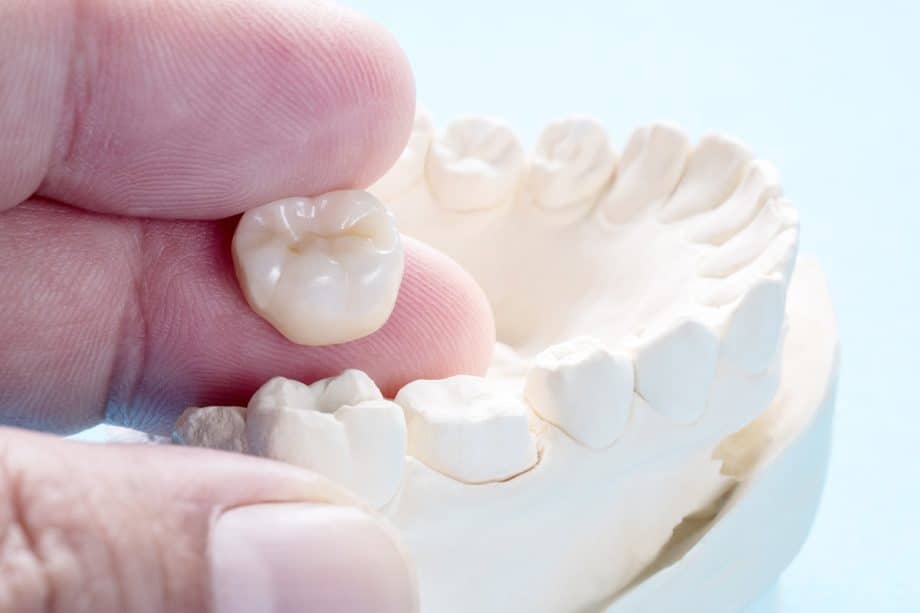A dental crown is one common restorative option for a tooth that has substantial decay or damage. A dental crown can often save the natural tooth, allowing the root to remain in place for support. They are effective for most patients in most cases, making them one of the most common restorative dental procedures.
However, some circumstances won't allow a crown placement, such as if there is not enough tooth structure left to attach it securely. How much tooth structure is necessary for a crown? Here's what you need to know before getting a dental crown.
Tooth Structure Required for a Crown
Having enough tooth structure is crucial for the long-term success of the crown. Without enough healthy tooth material, the crown may not be securely fitted and could potentially fail over time. Therefore, dentists must carefully evaluate the tooth's size and condition before proceeding with crown placement. If you have minimal damage to the natural tooth, then you shouldn't have to worry about whether or not a dental crown can be placed.
Most dentists agree that at least 2 millimeters of tooth structure, or about a quarter, is required to place a dental crown successfully. This means that at least one-quarter of the visible part of the tooth must be healthy enough to support the crown. If there isn't enough, there may not be enough room for the restoration, or it could lead to complications such as fracture.
Treatment Options if the Tooth Structure is Too Small
If there isn't enough tooth structure left after decay or damage to attach a crown, there are still other possible options:
Core Build-Up
A core build-up is a restorative dental procedure. The dentist uses special filling material to replace a missing tooth structure. As a result, the tooth can support a dental crown after a root canal. The dental provider may use tooth-colored composites which will help the new material blend in with your tooth's coloring.
Crown Lengthening Procedure
Crown lengthening is a procedure that removes gum tissue with the goal of exposing more tooth material. If there is not enough tooth structure above the gum line, the gum tissue can be gently removed until there is enough room to place a crown.
Frequently Asked Questions About Dental Crowns
How Long Do Dental Crowns Last?
Crowns are usually permanent, but normal wear and tear can compromise their structural integrity over time. Most crowns last between 10 and 15 years. However, they can last longer with good oral hygiene and routine check-ups at the dentist.
How Can I Make My Crowns Last Longer?
- Good oral hygiene, such as brushing twice a day and flossing daily
- Avoid biting your fingernails, chewing ice, using your teeth to open packages, and grinding or clenching your teeth
- If you grind your teeth, invest in a night guard
- See a dentist at least every six months for a check-up
Dental Crowns at Stuart Prosthetic Dentistry
At Stuart Prosthetic Dentistry, we offer many tooth replacement options to fit your needs. Our professionals can tell you if you are a good candidate for a dental crown or if another option would work better for your mouth. You can learn more on our website or call 772.286.1606 today to schedule an appointment.

